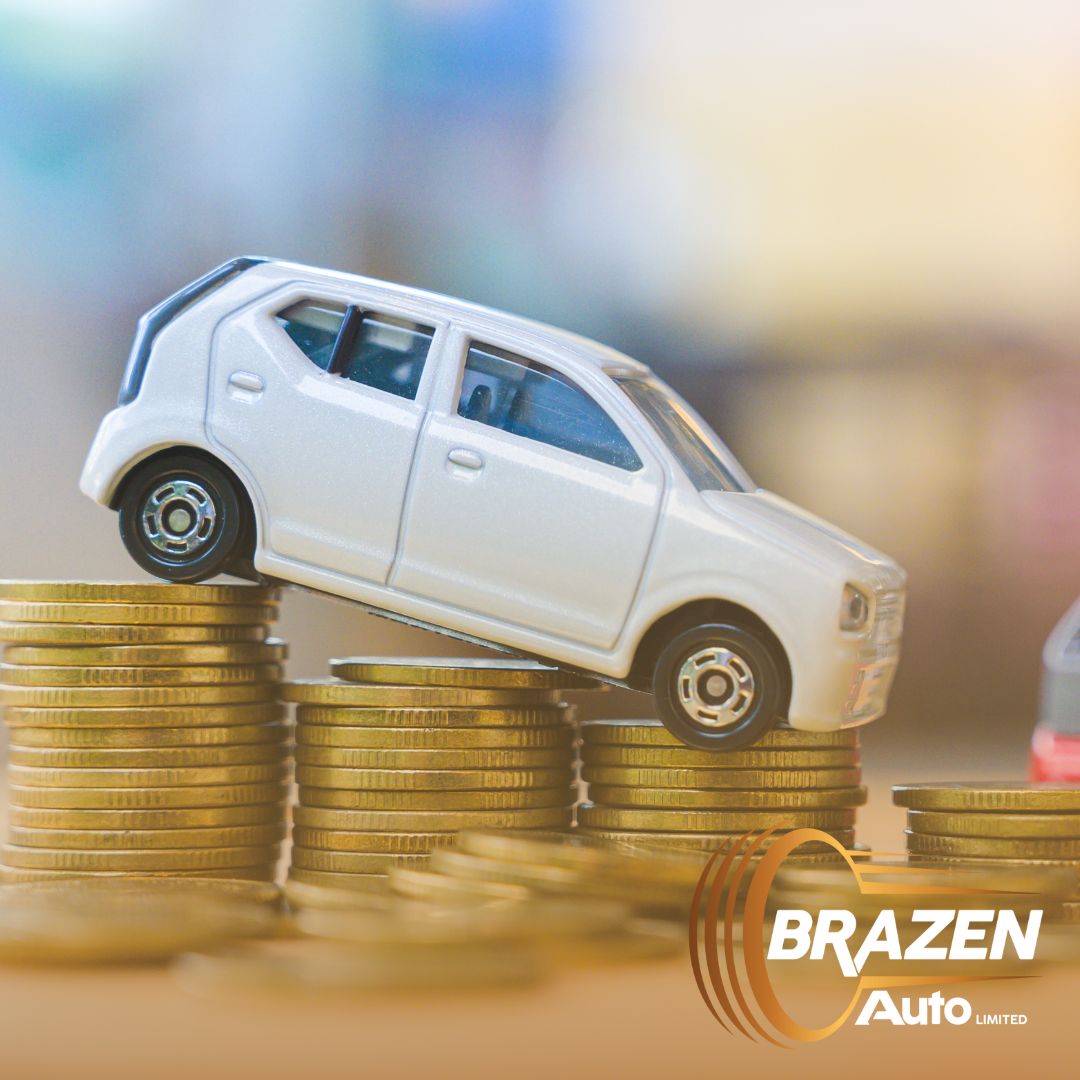Understanding Vehicle Depreciation in South Africa
Chris
13th Jul, 2024
Vehicle depreciation is an essential factor for anyone considering buying, selling, or trading in a car. In South Africa, this concept can significantly impact financial decisions related to vehicle ownership. Understanding how depreciation works and what factors influence it can help car owners make more informed decisions and potentially save money in the long run.
What is Vehicle Depreciation?
Vehicle depreciation is the reduction in a vehicle's value over time. This decrease in value starts the moment a new car is driven off the dealership lot and continues throughout its lifespan. Several factors contribute to the rate at which a vehicle depreciates, including age, mileage, condition, brand reputation, and market demand.
Factors Influencing Vehicle Depreciation in South Africa
1. Age of the Vehicle:
New cars depreciate faster in their initial years. On average, a new vehicle can lose up to 20-30% of its value in the first year alone. After the first year, the depreciation rate typically slows down.
2. Mileage:
The more kilometres a car has travelled, the lower its resale value. High mileage is often associated with more wear and tear, which can affect the car's performance and aesthetic appeal.
3. Condition:
A well-maintained vehicle will depreciate slower than one that shows signs of neglect. Regular servicing, keeping the car clean, and addressing any mechanical issues promptly can help maintain its value.
4. Brand and Model:
Some brands and models retain their value better than others due to factors like reliability, reputation, and demand. For instance, brands known for durability and low maintenance costs typically depreciate less.
5. Market Demand:
Popular models in high demand will depreciate slower compared to those that are less popular. Economic conditions and changes in consumer preferences can also impact market demand.
6. Fuel Prices and Economic Factors:
Fluctuating fuel prices and broader economic conditions can influence vehicle depreciation. For example, a rise in fuel prices might increase the demand for fuel-efficient cars, thereby affecting their depreciation rates.
7. New Model Releases:
The introduction of new models can accelerate the depreciation of older ones. When a car manufacturer releases a new version with updated features, the older model's value often decreases more rapidly.
Managing Vehicle Depreciation
While depreciation is inevitable, there are several strategies car owners in South Africa can employ to manage and mitigate its impact:
1. Choose Wisely:
Opt for brands and models known for retaining their value. Researching depreciation rates before purchasing can help you select a vehicle that will hold its value better over time.
2. Maintain Your Vehicle:
Regular maintenance and servicing are crucial. Keeping the vehicle in excellent condition, both mechanically and aesthetically, will slow down the depreciation rate.
3. Monitor Mileage:
Limiting unnecessary trips and using alternative transportation methods when possible can help keep your car's mileage low, preserving its value.
4. Consider Used Cars:
Purchasing a used vehicle that has already undergone its steepest depreciation phase can be a financially savvy decision. Certified pre-owned cars often come with warranties, providing peace of mind while avoiding the significant depreciation hit of a new car.
5. Stay Updated on Market Trends:
Keeping an eye on market trends and economic factors can help you make informed decisions about when to buy or sell your vehicle.
Conclusion on understanding how vehicles depreciate
Understanding vehicle depreciation in South Africa is crucial for making sound financial decisions related to car ownership. By considering factors such as age, mileage, condition, brand reputation, and market demand, car owners can better manage depreciation and maximise their vehicle's resale value.
Whether you are buying a new car or looking to sell your current one, being informed about depreciation can help you navigate the process more effectively and potentially save money in the long run.
